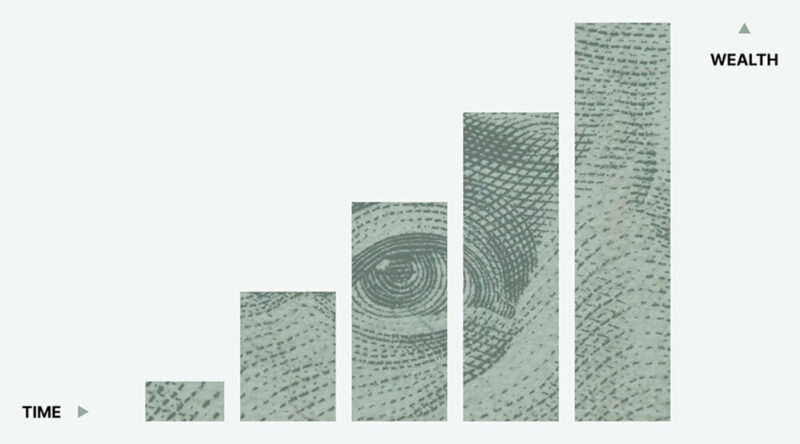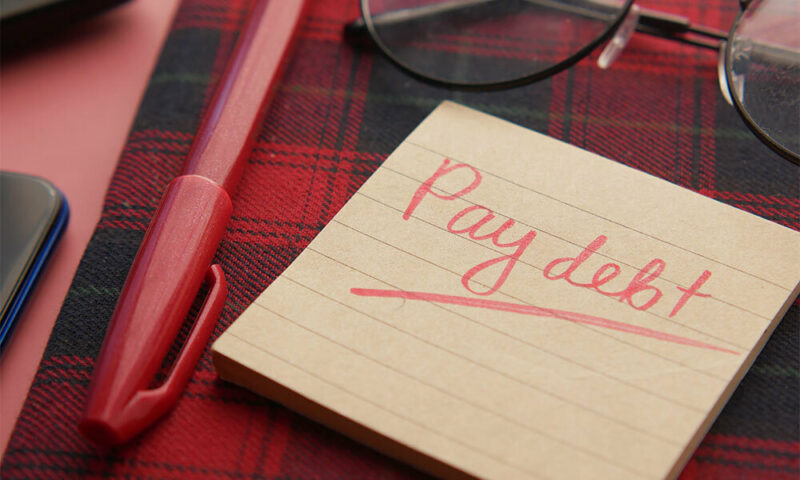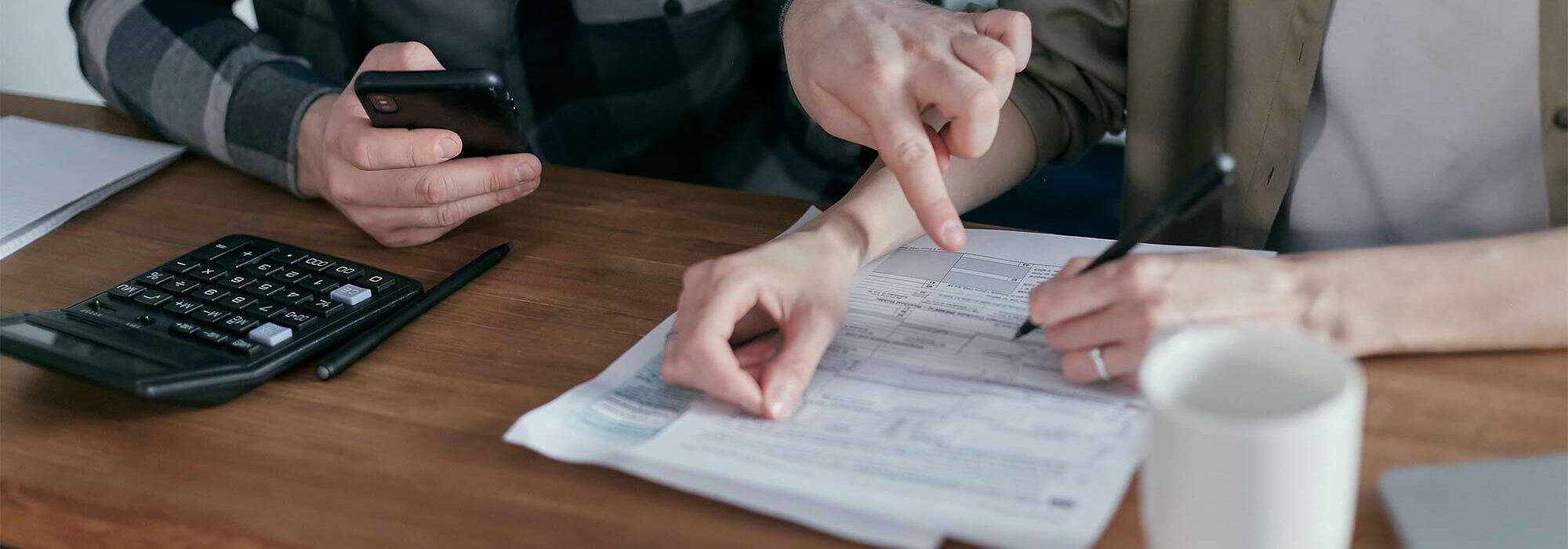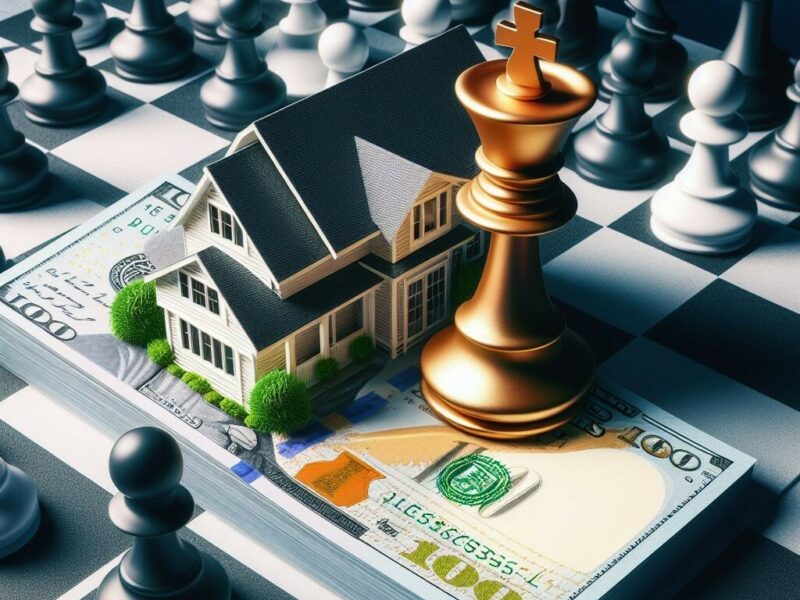Article Excerpt
If you have the means to do so, it might seem like a good idea to pay off your mortgage early. Is it though? Learn more about the pros and cons.
A typical home mortgage gives you between fifteen and thirty years to repay the debt. Some people prefer to pay their mortgages off as quickly as possible. If you have the means to do this, it is something to consider, but of course, there are both pros and cons.
Very few, if any, mortgage lenders charge a penalty for early repayment. You would get the benefit of being largely debt-free, but you would also lose some potential tax and stock investment benefits. Whether it would be a good idea or not depends on your individual circumstances.
Pros of Paying Off Your Mortgage Early
The advantages of paying off your mortgage early are probably fairly clear. As a general rule, it is preferable to live with little or no debt.
Please note that when we talk about paying off a mortgage early, we do not necessarily mean paying it in full all at once. You could decide to pay it off faster than the fifteen or thirty years allowed by the loan agreement. This is how most people who pay their mortgage off early do it.

Photo by Morgan Housel on Unsplash
Suppose your monthly mortgage payment is $2,000, which includes principal, interest, and escrow for property tax and homeowner’s insurance. By paying more than $2,000 each month, you can reduce the total amount of time it will take to pay the debt. Any amount that is not earmarked as interest or escrow is applied to the balance of the loan.
Quickly Reducing the Principal Loan Balance and Interest
Mortgage amortization determines how your monthly payment is divided between principal and interest. Over the life of the loan, the amount of the payment that goes to principal repayment gets larger, while the interest payment gets smaller. During the first few years of the loan term, most of each payment consists of interest, meaning that very little actually goes towards paying back the loan. The more you pay each month, the faster the principal balance goes down. The lower the principal balance, the less interest you owe to the lender in total.
Freedom from Debt
The faster you can pay off your mortgage, the sooner you won’t have to worry about a monthly mortgage payment. You can put the money you would have sent to the lender towards some other use. You could invest it in the stock market, or use it to take more vacations. You could also scale back on work — or maybe even retire — if you decide you no longer need the income that would have gone towards the mortgage.

Photo by Mateusz Dach from Pexels
Cons of Paying Off Your Mortgage Early
Paying off your mortgage early can also have downsides. Some are simply based on the fact that you have to spend more money sooner in order to be debt-free. You could also lose certain tax benefits.
Loss of Tax Deductions
You can deduct mortgage interest expenses on your federal income tax return. The flip side of early mortgage payments consisting of more interest than principal is that most of those payments are tax deductions. If you itemize your tax deductions, paying off your mortgage early could make your tax bill go up.
Opportunity Cost of Paying More Now
Most people have limited money to spend every month. Paying more towards your mortgage means you have less money to spend elsewhere, to set aside for emergencies, to invest, or to put into savings.
» READ MORE: The Advantages of Getting a Mortgage Even When You Could Buy Cash
Possible Low Rate of Return
Mortgage interest rates are incredibly low right now. Even if the rates start to go back up, as many real estate experts believe is likely within the next year or so, they will still be lower than interest rates for many other kinds of debt. It might be possible to get a greater rate of return by investing the money you would have used to make extra mortgage payments.
Paying Your Mortgage Off Early
Suppose a person has a 30-year mortgage with an initial balance of $500,000 and a 4% interest rate. Let’s say their monthly payment of principal and interest would be $2,387.08.
Instead of paying that amount per month, they pay twice that amount, or $4,774.16. This would enable them to pay the loan in full in just over 10 years instead of 30, and it would reduce the total amount of interest they would pay over the life of the loan by more than $243,000.

Photo by Towfiqu barbhuiya on Unsplash
Whether this is a good idea or not largely depends on whether they have an extra $2,387.08 to spend every month, or whether that money is better used elsewhere. Possible reasons not to repay early include:
You do not have cash reserves that you can draw from in case of an emergency; or
You have other debt with higher interest rates and no tax deductions, such as credit cards or student loans, which you really should pay off first.
Some financial advisors specifically say that early repayment will “destroy your finances” by “trapping” your money in “equity jail.” This term refers to how banks like to lend money to people who have money on hand. The more money you pay towards your mortgage, the less likely it will be that banks will loan you money if you need it.
Learn more about the advantages of home ownership.
The Wood Group of Fairway is here to answer your questions and discuss your options. Get in touch with one of our office locations today!



